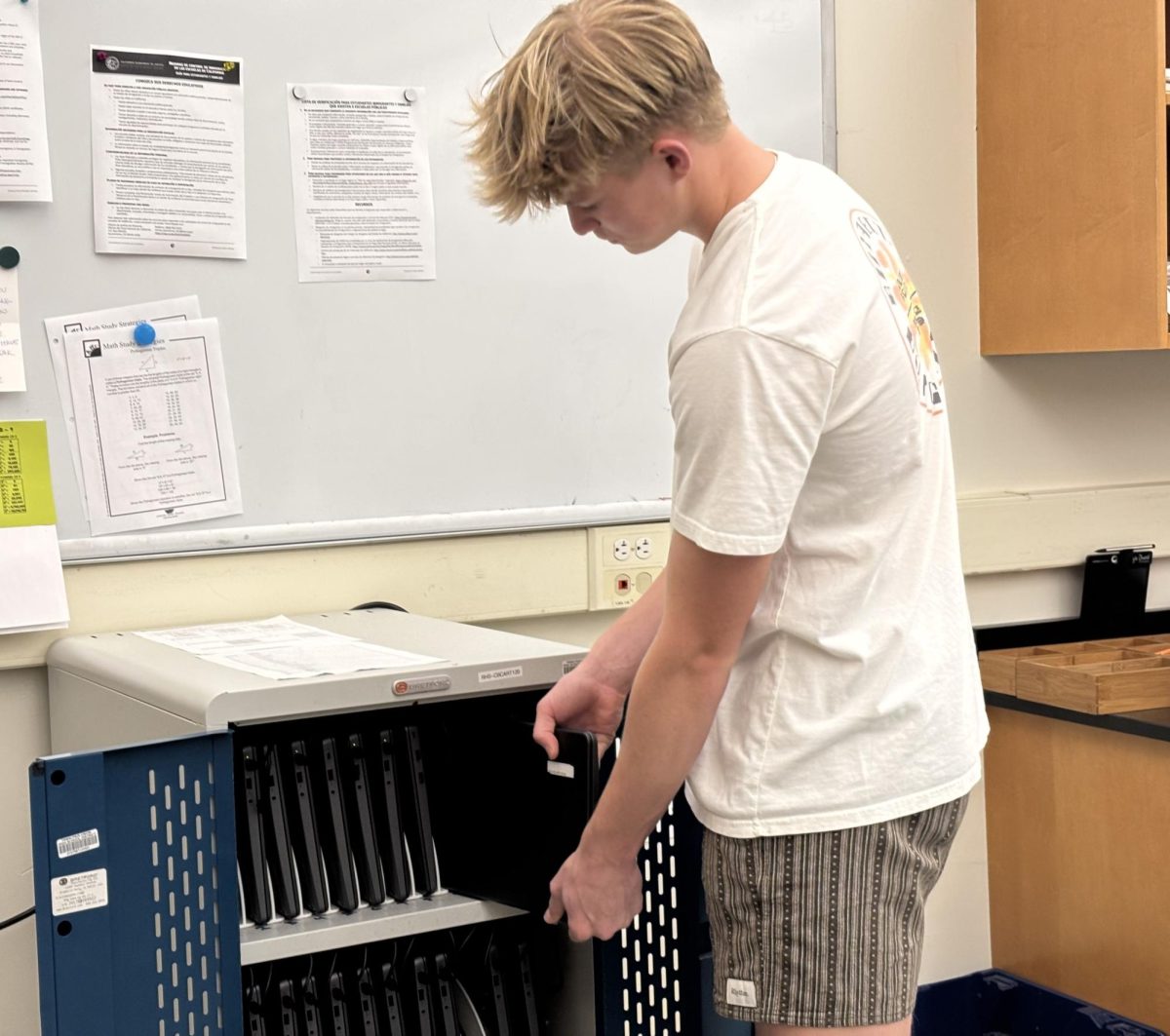As the year comes to a close, seniors sit back with the comforting knowledge that they have officially enrolled in college. The admissions process for the Class of 2028 has been completed. With that, college admissions officers have again begun reviewing and changing the incoming Class of 2029 requirements as the new school year approaches. For many schools, the change has been mainly due to their academic requirements, specifically regarding standardized testing.
In the past decade, many colleges have opted to forgo the requirement for standardized test scores. This policy is often credited as stemming from the increasing priority of a diverse campus, where strictly academic applicants have less priority over ones with demonstrated community involvement. Following the COVID-19 pandemic, the number of schools no longer requiring standardized test scores increased exponentially, as students’ testing had been so heavily disrupted. According to FairTest, 80.4 percent of colleges in the United States do not currently require standardized test scores. However, that figure is set to change. A few top colleges and universities, such as Dartmouth and Brown, have recently announced that they are returning to their traditional qualifications concerning standardized testing.
The potential ramifications of the shift of testing requirements on future applicants are significant. At Redwood, many students apply to top universities, and this change could be incredibly impactful in where students elect to apply and enroll. With the recent announcement of the changes in colleges’ standardized testing, many students are scrambling to study and prepare for tests they had never thought they would need to take. The time and money required for preparing and completing standardized testing may cause significant distress in many blindsided students.
Junior Izzy Babb is planning to take the Scholastic Aptitude Test (SAT) in June. While she may be applying to many California State Universities and UCs, which do not require nor accept standardized test scores, Babb and her friends have decided to keep them as part of their college application process.
“A lot of my friends have taken the SAT multiple times… a couple of them are even taking it in Sacramento,” Babb said.
Many students highly value their standardized test scores. To prepare, they have turned to in-person tutoring and online programs such as Khan Academy.
Shannon Mulligan, founder of Marin Tutors, a tutoring organization that has served students at Redwood for over 25 years, has seen many shifts in how colleges weigh applicants.
“Over the next decade, there will be a slow shift [to colleges returning to requiring standardized test scores],” Mulligan said.
Standardized testing has long been a foundational part of college admissions. However, colleges have shifted to promoting equity and diversity, changing how applicants are viewed.
“Some schools want to continue to try to be fair to all students, especially to [students] that can’t afford SAT tutors and can’t afford the cost of the test,” Mulligan said.
Most colleges still promote the importance of extracurriculars and other factors in applicants. A diverse campus is the ultimate goal for many schools, and test scores are not the end-all-be-all in most cases, both when applying to colleges that don’t require standardized test scores and when applying to those that do.
“I think if students are not great test takers, then they should focus on their extracurriculars, essays and their GPA,” Mulligan said.
While there is a coming change in the importance of standardized testing for college applications, that shift is slow. Colleges that still require test scores emphasize them greatly, but they are not the only factor considered. Extracurriculars and essays are vital in creating a diverse portfolio of a student’s scholastic experience for college applications.
“For college admissions, the best thing a student can do is be themselves,” Mulligan said.







